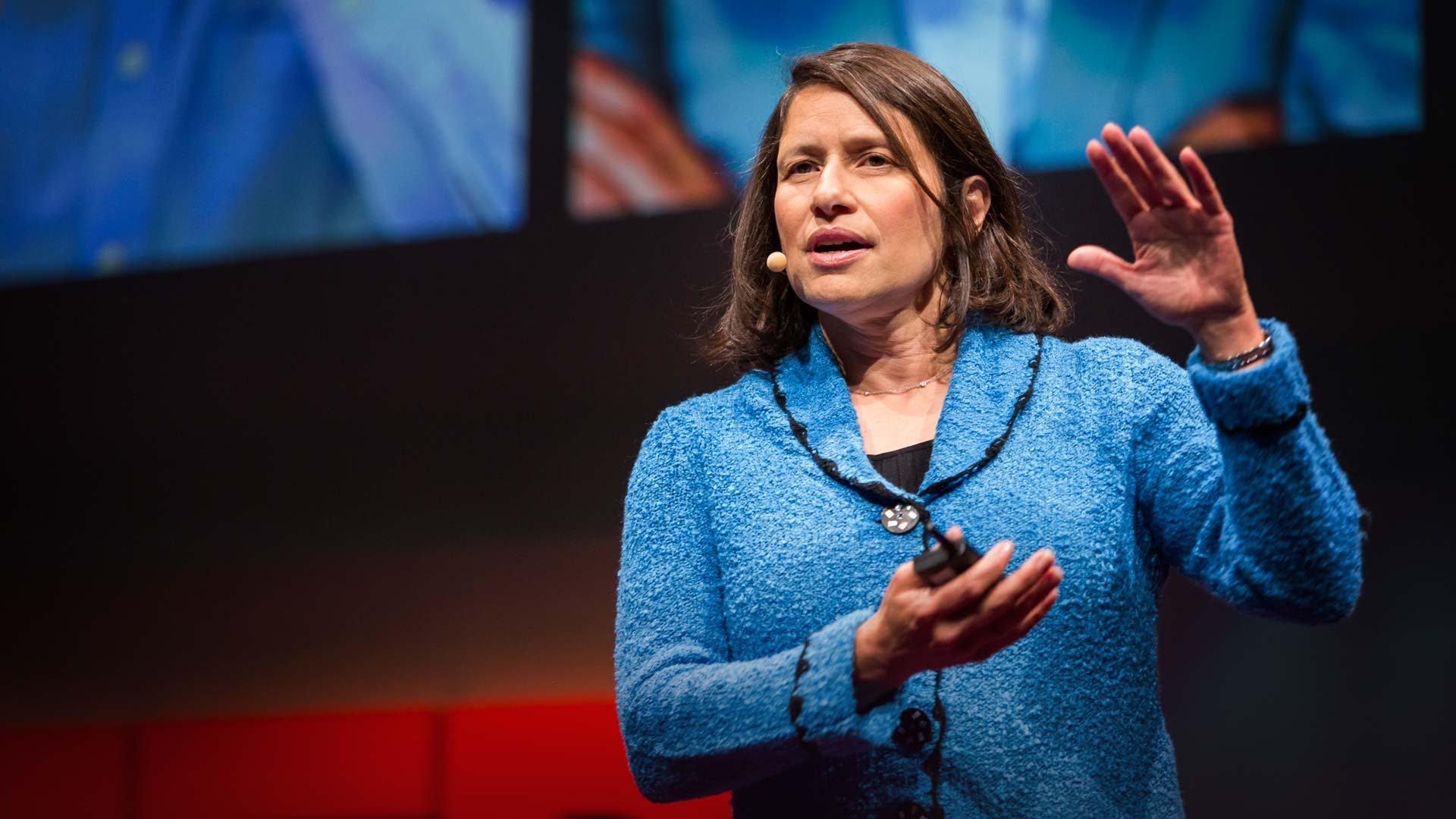Leadership Effectiveness Roselinde Torres has studied leadership effectiveness for years. Her studies revealed that 3 key questions help define successful leadership. Where are you looking to anticipate change? What is the diversity measure of your network? Are you courageous enough to abandon the past? Asking these three questions pushes the leader to think […]
Month: July 2016
7 Decisions You Can Make Today to Be More Successful
7 key decisions can make you happier and more successful. If you want to improve your success and find happiness, follow these 7 habits.
You May Live Past 100! Living in the Age of Longevity
Living to 100 will be the norm soon enough. What are the leadership implications of living in the age of longevity? Andrew Scott on his new research.
32 Quotes to Build Your Confidence
Self-confidence. 32 Quotes to inspire you to confidence. Because your self-confidence can power you through the challenging times.
12 Ways Brands Get Off Track
Avoid brand failures. Here are 12 sins that cause a brand to stumble. Branding experts Larry Light & Joan Kiddon can help you get back on track.





